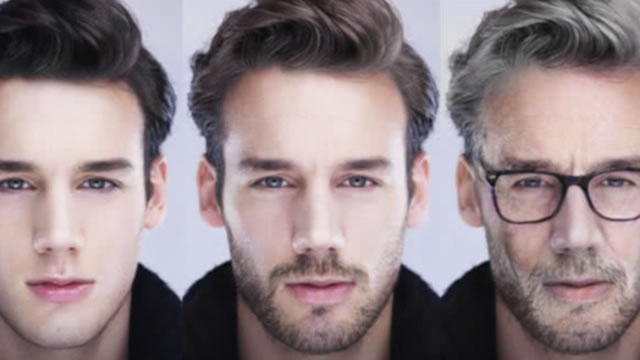If you’re on social media, chances are you’ve seen a friend or two post a photo of them looking 60 years older. This is thanks to FaceApp, an image-manipulating app from Russian company Wireless Lab, whose recently-launched aging feature has gone viral. By uploading a picture of yourself on the app, you can see what you might look like aged many years. However, the privacy issues surrounding FaceApp have come into the spotlight. The app can use your photos for commercial use and can share personal information and photos to FaceApp affiliates worldwide.
As fun as photo manipulation can be, the concerns around privacy policies are valid in this day and age. The FaceApp privacy policy acknowledges collecting photos and email addresses that can be shared with “other countries and jurisdictions around the world.” The general language of the terms of service also means that while FaceApp isn’t necessarily using your data for nefarious means, it could in theory:
ALSO: This Cities: Skyline player used poop to power a PC circuit
“You grant FaceApp a perpetual, irrevocable, nonexclusive, royalty-free, worldwide, fully-paid, transferable sub-licensable license to use, reproduce, modify, adapt, publish, translate, create derivative works from, distribute, publicly perform and display your User Content and any name, username or likeness provided in connection with your User Content in all media formats and channels now known or later developed, without compensation to you. When you post or otherwise share User Content on or through our Services, you understand that your User Content and any associated information (such as your [username], location or profile photo) will be visible to the public.”
There have also been moral privacy questions surrounding the app’s allowances. When users have their phone set to deny FaceApp access to their photos, the app is still able to select a photo to upload. This behavior was found to be purposeful, where the app still cannot see the photos unless one is specifically clicked on. Even so, this shouldn’t be possible when a user denied the app access altogether. While the privacy infringements may be almost unsurprising, it’s always good to read the fine print lest you hand apps more of your personal life than you’d intended.
[Image source: FaceApp]







